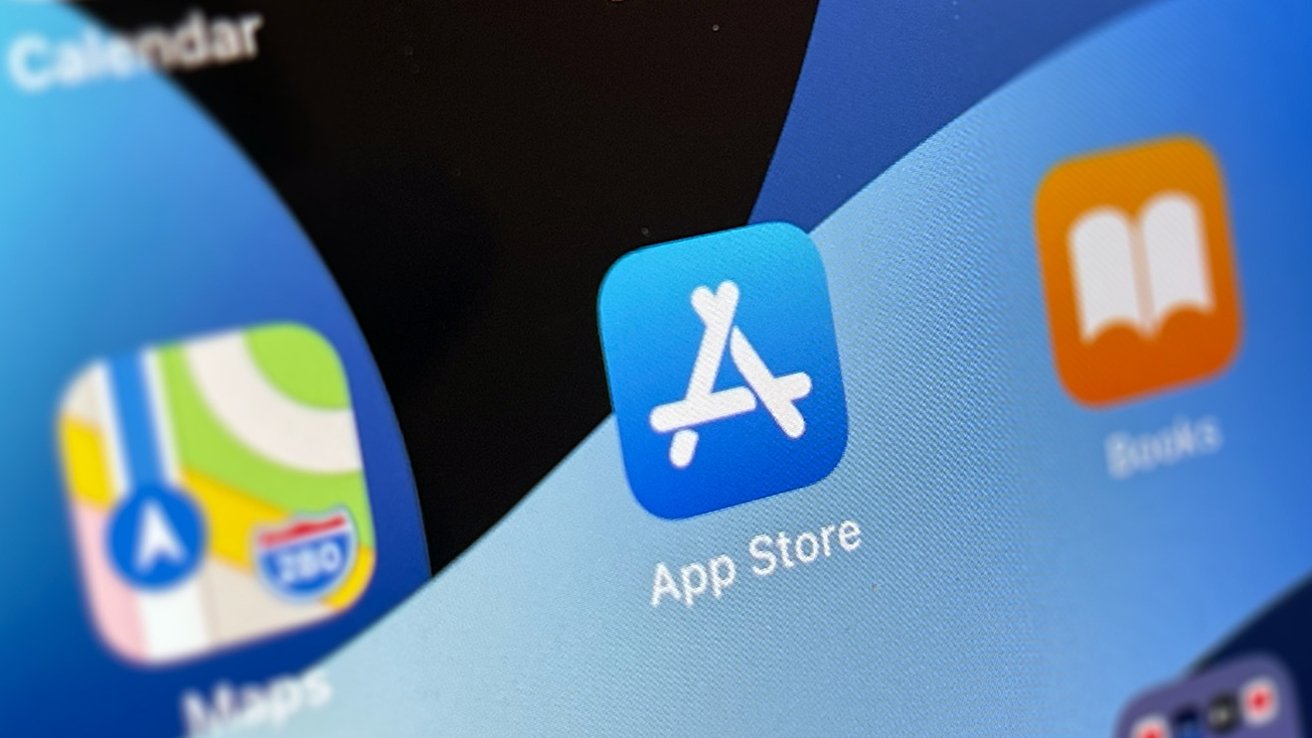US Lawmakers reintroduce Open App Markets Act

Big Tech’s grip on the app economy is under fire again as lawmakers reintroduce the bipartisan “Open App Markets Act” aimed at breaking Apple and Google’s app store dominance.
On Tuesday, June 24, U.S. senators Marsha Blackburn, Richard Blumenthal, Mike Lee, Amy Klobuchar, and Dick Durbin introduced the Open App Markets Act. This bipartisan bill hopes to establish enforceable rules designed to “promote competition and strengthen consumer protections within the app market,” according to Senator Blackburn’s website.
The bill alleges that both Apple and Google have gatekeeper control over the two dominant mobile operating systems and their app stores. It warns that this power gives them restricts both competition and consumer choice.
“Big Tech giants have operated as unaccountable gatekeepers of the mobile app economy, forcing American consumers to use their app stores at the expense of innovative startups that threaten their bottom line,” said Senator Blackburn.
“Our bipartisan Open App Markets Act would ensure a freer and fairer marketplace for consumers and small businesses by promoting competition in the app marketplace and opening the door to more choices and innovation.”
The Open App Markets Act seeks to do a number of things, including:
- Protect developers’ rights to tell consumers about lower prices and offer competitive pricing;
- Protect sideloading of apps;
- Promote competition by opening the market to third-party app stores, startup apps, and alternative payment systems;
- Make it possible for developers to offer new experiences that take advantage of consumer device features;
- Give consumers greater control over their devices;
- Prevent app stores from disadvantaging developers; and
- Establish safeguards to preserve consumer privacy, security, and safety.
The full bill is available to read here.
Apple will likely push back against the bill with its usual stance, claiming that the App Store functions the way that it does for a reason: protecting consumers. After all, Apple was aggressive in its pushback against the EU’s Digital Markets Act, which had similar goals.
History doesn’t repeat itself, but it often rhymes
This isn’t the first time we’ve seen this bill, either. In 2021, Senators Blumenthal, Klobuchar, and Blackburn had attempted to put forth the original version of the Open App Markets Act.
However, the initial bill never made it to the floor for an office vote. Thanks to last-minute efforts by lobbying groups and appearances from chief executives, the bill eventually stalled out.
While the two bills are largely similar, the revised version introduces several key differences. Notably, the new version includes new carve-outs aimed at protecting intellectual property and addressing potential national security concerns.
There’s also a new clause that would prohibit punitive actions against developers for enabling remote access to other apps. The clause addition harkens back to the debacle between Apple and most game streaming services — though in 2024, Apple loosened its App Store guidelines to allow cloud gaming and emulation.
There are a few new platform-protective clauses added, too. For instance, it would significantly lower the burden of proof for either Apple or Google to block platform access to a third-party app.
Additionally, it reinforces the fact that companies like Apple or Google will not need to provide support or refunds for third-party apps installed outside of first-party app marketplaces.
If history is any guide, this second iteration of the Open App Markets Act will likely face the same kind of aggressive industry pushback as its predecessor. The first time around, Apple, Google, Amazon, and Meta reportedly spent nearly $95 million lobbying against the bill.